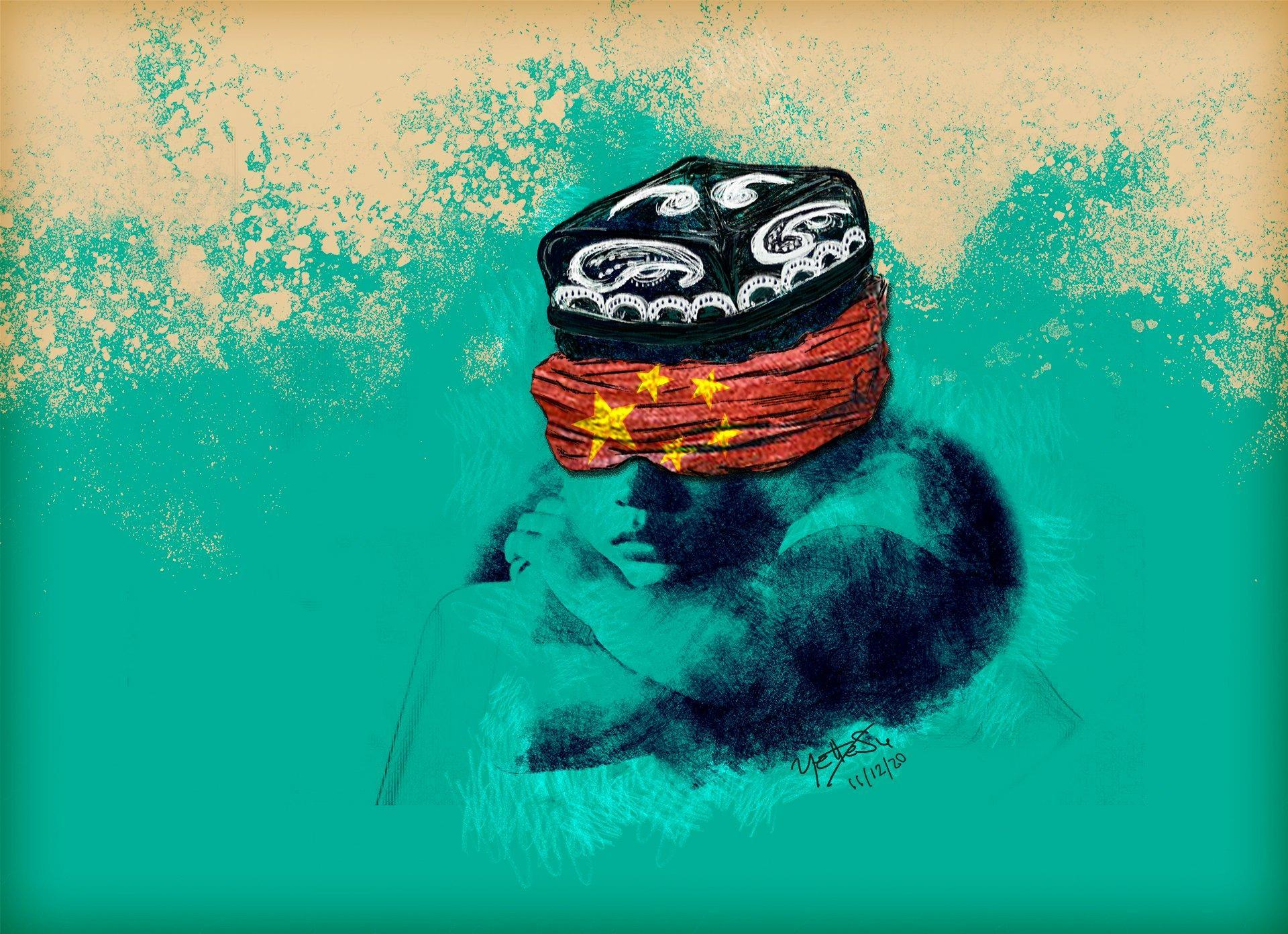On 31 August, minutes before the end of her mandate, the Office of High Commissioner Michelle Bachelet released a long-awaited report on serious violations in the Uyghur region (Xinjiang).
China has consistently opposed the report’s publication, denied years of allegations by UN independent experts and imposed restrictions on access, most prominently during Bachelet’s visit to China in May.
This report is a crucial step towards accountability for rights violations against Uyghurs and Turkic Muslims in China. Its release is the result of years-long pressure by Uyghur and international rights groups, and principled governments, despite Beijing’s sustained efforts to bury the truth.
Phil Lynch, ISHR Executive Director
The report highlights ‘serious human rights violations’, including ‘patterns of restrictions are characterised by a discriminatory component’ directed at Uyghur and other predominantly Muslim groups, finding that the scope and extent of these practices ‘may constitute international crimes, in particular crimes against humanity’.
The document examines the process through which Chinese authorities in the Uygur region are using ‘a vague and capacious definitions of ‘terrorism’ and ‘extremism’ to subject populations to ‘large-scale imprisonment and deprivation of liberty’.
The UN Human Rights Office also noted the Chinese Government’s ‘blanket denials of all allegations, as well as its gendered and humiliating attacks on those who have come forward to share their experiences’ as having ‘added to the indignity and suffering of survivors,’ alluding to Beijing’s extensive and relentless pushback and crackdown against human rights defenders that have sought to shed light on the situation in Xinjiang in recent years. OHCHR also warns that ‘conditions remain in place for serious violations to continue and recur’, calling on Chinese authorities, but also the United Nations and the international community to address these ‘promptly and effectively.’
The UN Human Rights Council and all governments that are genuinely committed to rights protection cannot turn a blind eye to this report. In response, the Human Rights Council must hold an informed discussion on China’s human rights crisis based on objective, UN-documented human rights concerns.
Overwhelming allegations of grave violations must be met with overwhelming efforts towards accountability, not continued acquiescence.
Sarah Brooks, ISHR Programme Director
The publication of this report follows another significant rebuttal of the Chinese government crackdown on civil and political rights in Hong Kong during the latter’s review by the UN Human Rights Committee on 7 – 12 July, which resulted in a call for the repeal of the 2019 National Security Law.
Its release was also briefly preceded by that of the annual report of the UN Special Rapporteur on contemporary forms of slavery, which found that ‘given the nature and extent of powers exercised over affected [Uyghur and other ethnic minority] workers during forced labour […], some instances may amount to enslavement as a crime against humanity, meriting a further independent analysis.’
While welcome, the report is long overdue and its publication follows a chaotic process that was thoroughly mishandled by High Commissioner Bachelet. In September 2021, she confirmed that her Office was ‘finalising its assessment of the available information on allegations of serious human rights violations in [Xinjiang], with a view to making it public.’
In June of this year, 42 UN experts reiterated a previous and unprecedented call for ‘decisive measures to protect fundamental freedoms in China’, including the ‘establishment of an impartial and independent UN mechanism to closely monitor, analyse and report annually on the human rights situation in China.’
'The High Commissioner took a dangerous gamble. She seemingly believes that constructive dialogue with China can be more effective than public criticism of policies that violate human rights in Xinjiang and elsewhere. By releasing this critical report with just minutes left on her mandate, she has only done the bare minimum. We must now push for her Office, her successor and States, including at the Human Rights Council, to ensure survivors get answers and perpetrators face accountability.'
Sarah Brooks
The Committee on the Elimination on Racial Discrimination (CERD) first rang the alarm at the mass-scale arbitrary detention and discrimination against Uyghurs during a review of China in August 2018. Since then, UN independent experts have sent eight letters to the Chinese government expressing concerns on issues including surveillance, forced labour, gender-based violence, China’s Counter-Terrorism Law and Xinjiang’s ‘De-extremification’ Regulations.
ISHR calls on the Human Rights Council to hold a formal discussion on China’s human rights crisis, including the human rights situations in the Uyghur region (Xinjiang), the Tibetan region, Hong Kong, and on human rights defenders.
In line with principled and objective criteria for action, Council members should also initiate and support efforts to establish an independent international mechanism to monitor and report on the human rights situation in China.
Author
Raphaël Viana David
Raphaël is ISHR's China and Latin America Programme Manager in our Geneva office. He joined ISHR in 2018.
Article also available in




